GOAT interview with Goatman
‘Rhythms’ is the debut album by Goatman, a new solo project from one of the enigmatic members of the Swedish collective Goat.
Recorded in Goat’s hometown of Korpilombolo in northern Sweden in late 2017, the six tracks on ‘Rhythms’ reveal a true collision of African rock, jazz, reggae, gospel, and psychedelia, all filtered through the iconic Goat sound. The title ‘Rhythms’ is particularly apt, as each track explores the concept of groove.
From the Fela Kuti-esque drums and horn jams of ‘Jaam Ak Salam’ to the frantic gospel-jazz of ‘Carry the Load,’ the album is a vibrant tapestry of styles. It traverses fuzzy Can-inspired soundscapes in ‘Hum Bebass Nahin’ and culminates in the cinematic, Spacemen 3-esque drones of the closing track, ‘Baaneexu.’ The end result is an astonishingly unique album—one that defies easy categorization and invites repeated listens, as its layers gradually reveal themselves.
Goatman plays all the instruments on the album, except for some additional drums by Hanna Östergren from fellow Swedish bands Hills and Träd, Gräs & Stenar, and a horn section contributed by Johan Asplund and David Byström. One of the standout highlights of the album is the impressive lineup of guest vocalists Goatman has enlisted. The tracks ‘Jaam Ak Salam’ and ‘Aduna’ feature the extraordinary voice of Senegalese singer Seydi Mandoza, while Swedish-based singers Amanda Werne and Amerykhan lend their vocals to ‘Carry The Load’ and ‘Hum Bebass Nahin,’ respectively.
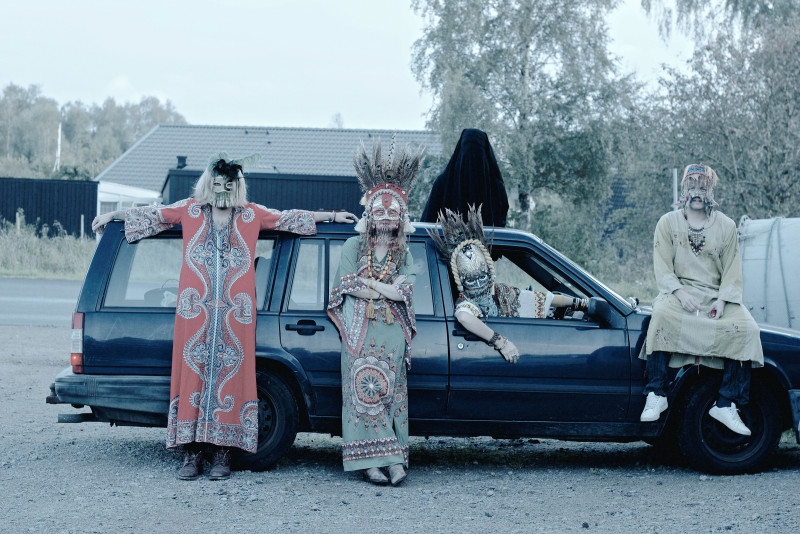
“I like to make music in very simple ways”
‘Rhythms’ is the debut album by Goatman, a new solo project by one of the mysterious members from the Swedish collective Goat. Was there a certain concept behind the album?
Goatman: Concept? No… I don’t think so. Or maybe the concept was just to make a badass album.
Can you share some further details about how your latest album, ‘Rhythms,’ was recorded and released?
On and off for a year. Mainly by myself. It will be released on the 12th of October.
Where did you record it?
At the incredible Goat high priest temple, Hullabaloo Studio.
What was the songwriting process like?
There wasn’t much songwriting. Just recordings of rhythms, and then I overdubbed them with solos and vocals. I like to make music in very simple ways.
What would you say influenced you the most? Have your influences changed over the years?
Influences both always change and always stay the same. For this album, I have been influenced by a lot of old lo-fi African recordings and Mötley Crüe demos.
How would you compare it to Goat?
In the same way you compare apples and pears, lions and tigers, whiskey and bourbon, Cola and Pepsi…
Can we talk a bit about Goat’s collective background? You originate from Korpilombolo, a small village in Norrbotten County. What does the name “Goat” refer to in the context of the band name?
Greatest of all time. For obvious reasons.
What do you consider to be your first real exposure to music?
The sound of silence.
When did you begin playing music? What was your first instrument? Who were your major influences?
Drums. I started when I was probably one year old. My influences then were other people playing drums.
Can you elaborate on the formation of Goat?
It’s always been there. Like a family. Like a cult of music and free love.
What’s the songwriting process like?
Play, play more, record, drink coffee, start all over again.
You made lots of changes to the lineup since you started. Why is that? What would you say are the main differences between World Music, Commune, and Requiem? Would you be able to describe each with a few words?
We haven’t done any lineup changes. Where did you get that from? We have always been the same 457 people in Goat. The main difference between those albums is time. I could compare it like this: World Music is Aftermath, Commune is Their Satanic Majesties Request, and Requiem is Exile on Main St. But I won’t compare it like that because that is really stupid.
Are you a fan of any of the following bands: Kebnekaise, Pärson Sound, Embryo?
Yes.
How important is anonymity for you? What’s the concept behind it? Do you feel any connection to the Residents and their ‘anonymity’?
I don’t know the reason for them to keep their identities hidden, but we do it because we look so bad.
Your music utilizes occult and psychedelic imagery. Would you like to describe your influences, ideas, and notions behind Goat?
Life and death, yin and yang, rock and roll, God… those kinds of things.
What are some future plans?
Learn how to be a better chef in my kitchen. Maybe start jogging also.
Are you currently working on some other projects?
Yes!! At the moment, I’m playing free jazz. Highly enjoyable! We’ll see what comes out of it.
Let’s end this interview with some of your favorite albums. Have you found something new lately that you would like to recommend to our readers?
I have to choose something else: ‘Spinal Injuries’ by Cortex, ‘Spiritual Unity’ by Albert Ayler, and recently I discovered ‘Galveston’ by Glen Campbell. Love that album.
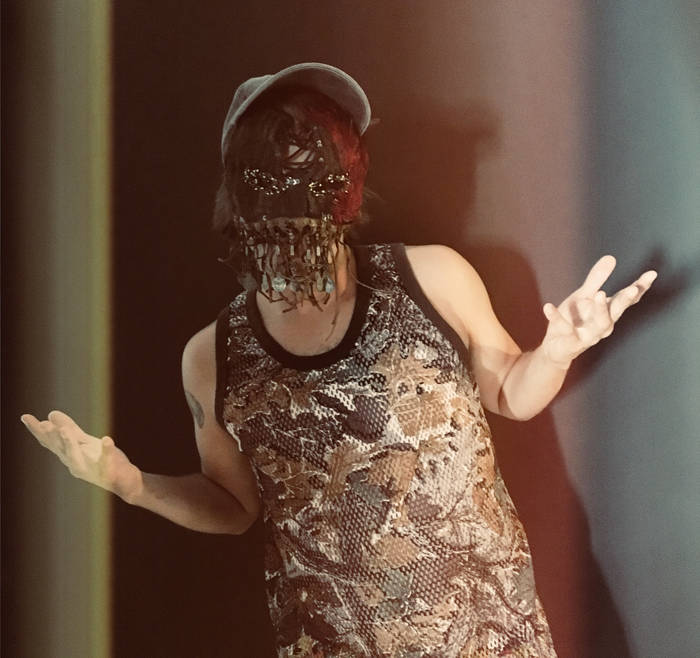
Thank you. The last word is yours.
Fuck school, stay cool.
Klemen Breznikar
Goat Facebook / Instagram / Twitter / Bandcamp
Rocket Recordings Official Website / Facebook / Instagram / Twitter / Bandcamp / SoundCloud

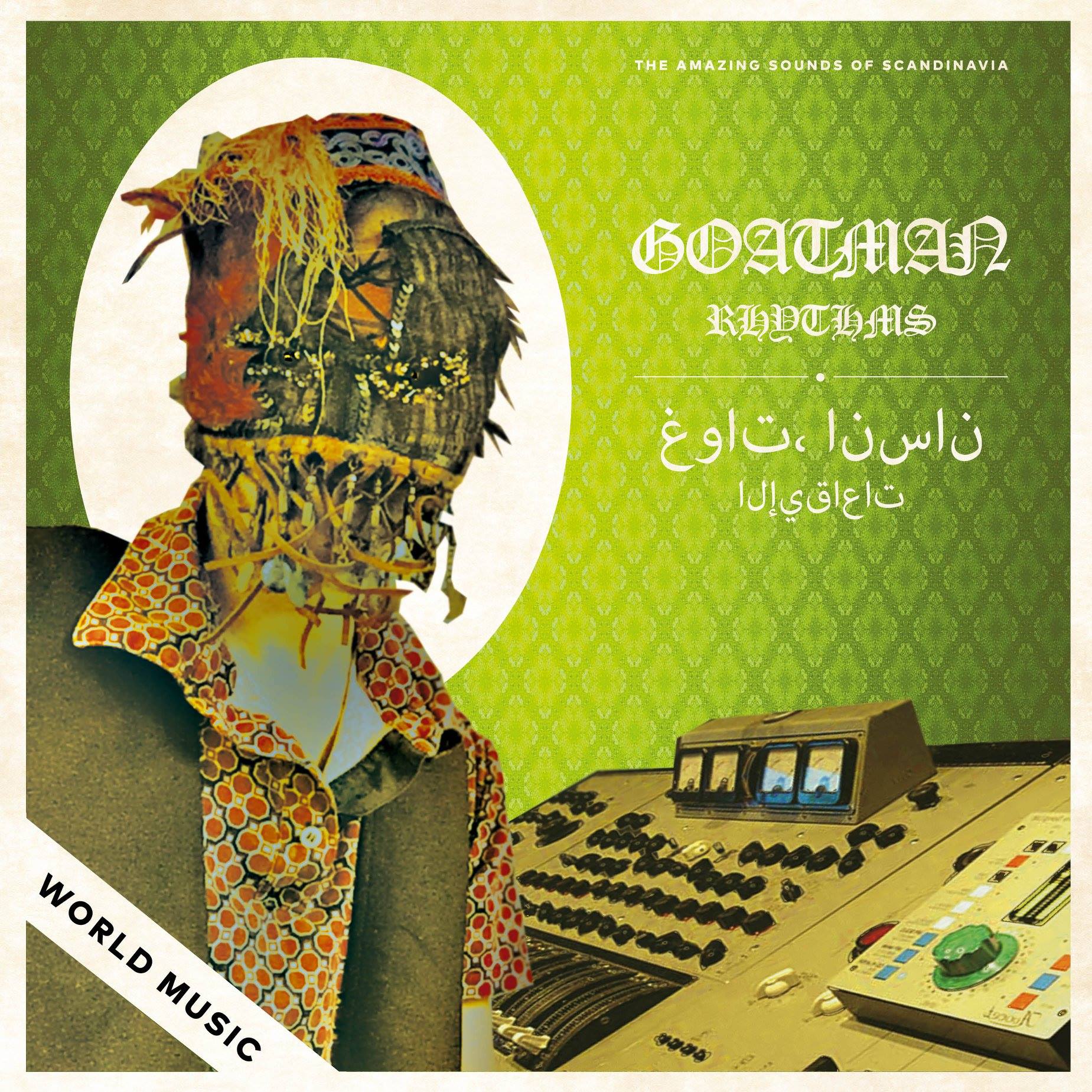
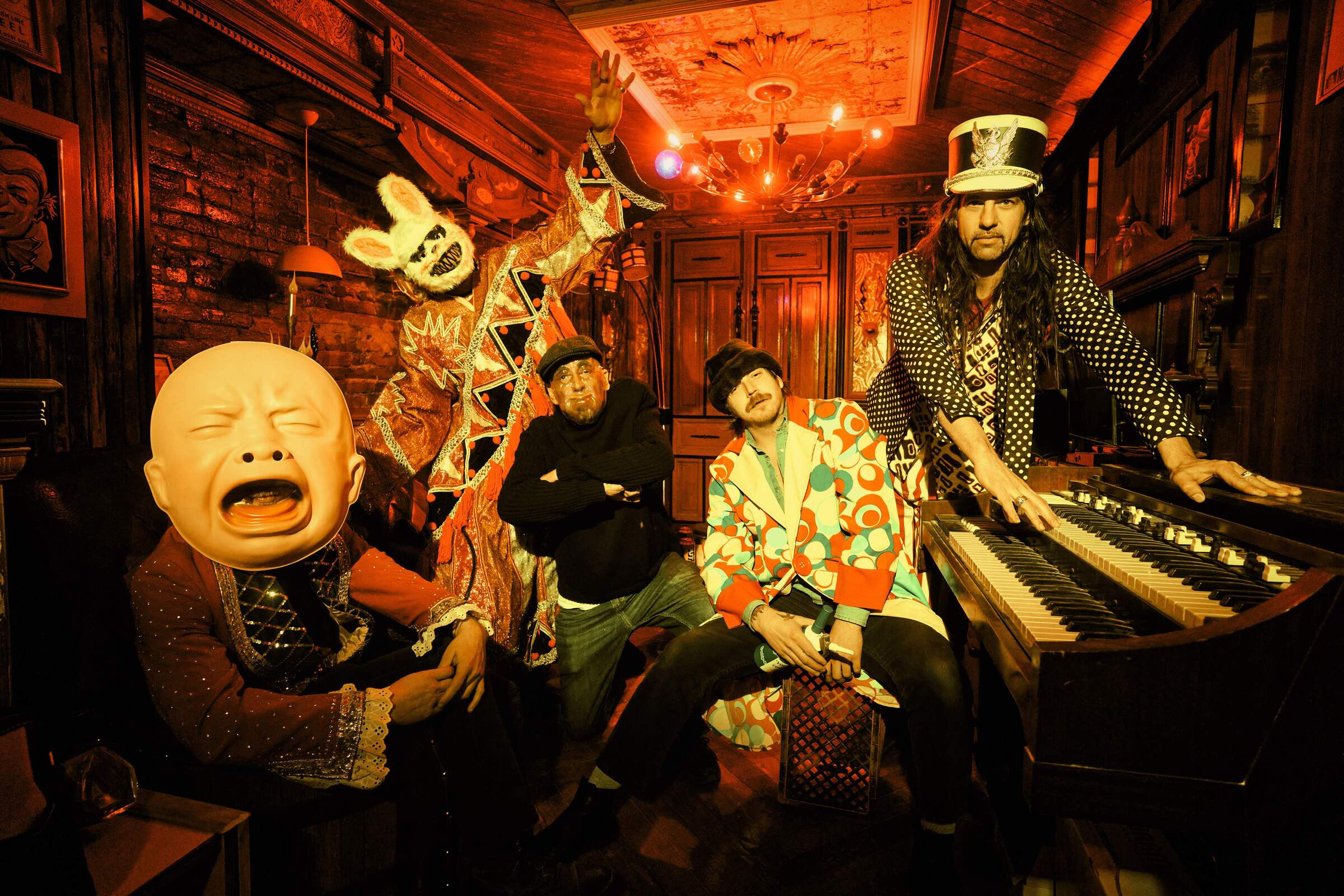
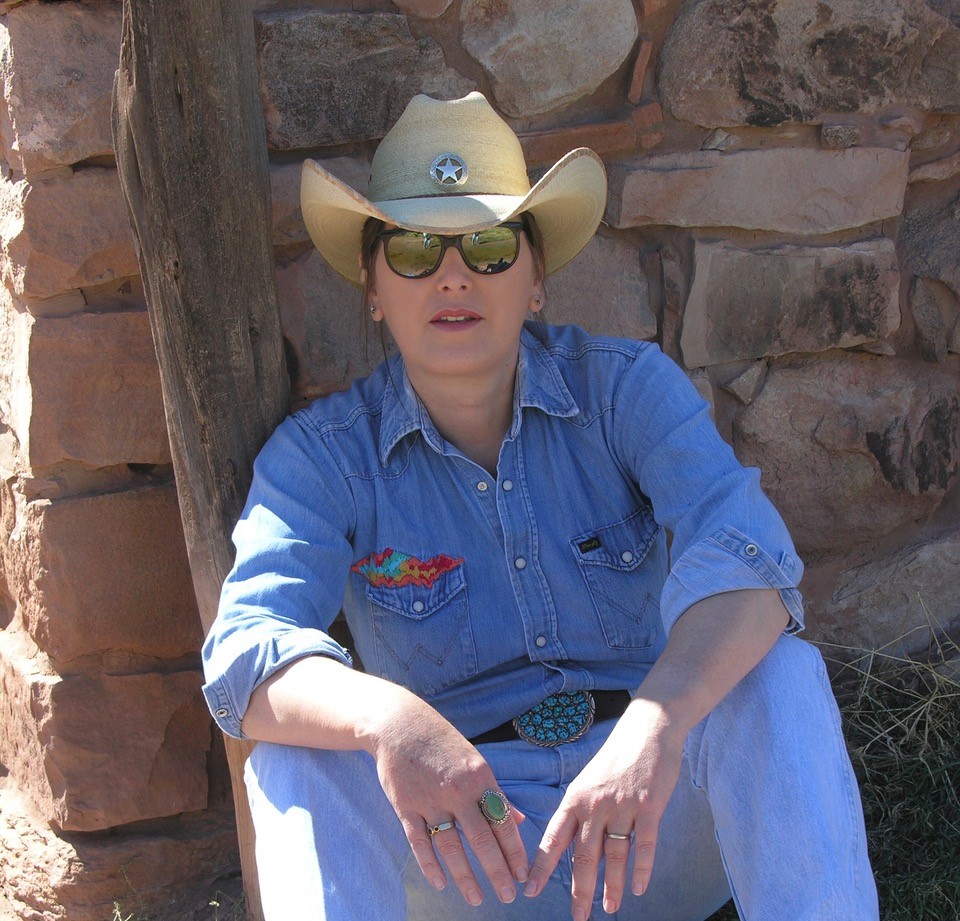
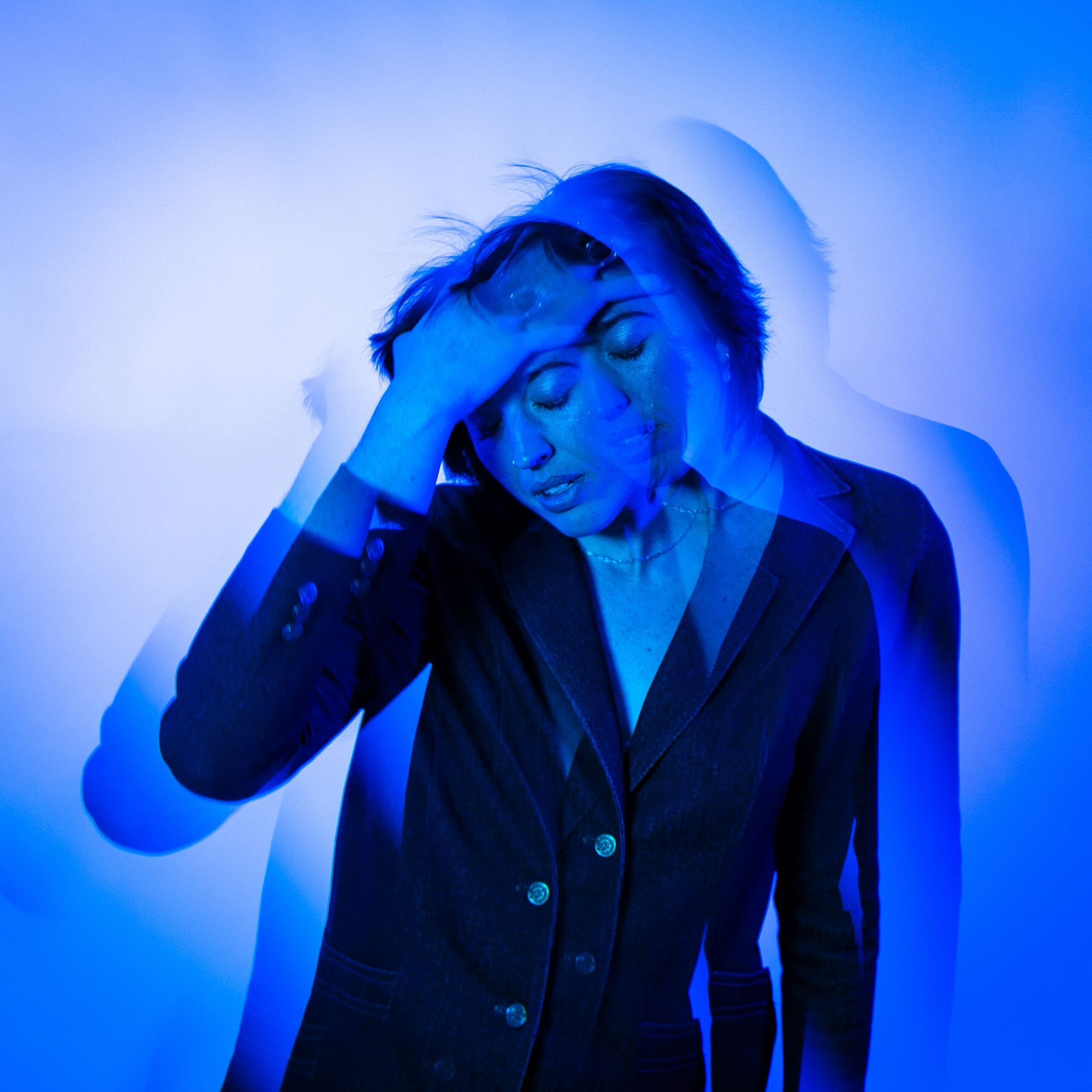
seems like a fun swedish chap